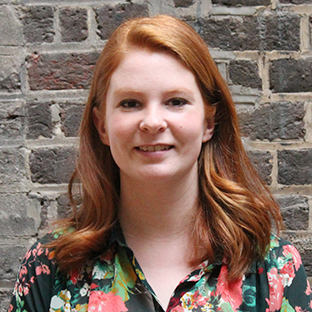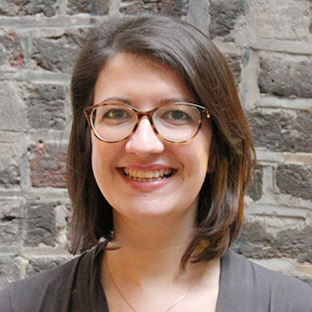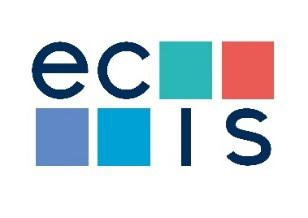About
ECIS and the RSA have co-designed a programme based on our collective knowledge of global education trends, and where we believe our combined power can make the greatest impact.
The programme of work is being built around an annual investigation on a key global education issue that we believe will have traction with international schools – both informing and being informed by their approaches.
Arguably, the biggest vulnerability of international schools within the contemporary education debate is the perception that they serve a highly-mobile global elite with little connection or commitment to the community in which they are located.
Research has certainly shown that many international schools feel that the local community neither likes nor fully-understands their school (Bunnell, 2005).
This sentiment chimes with the anti-globalisation mood of our times, summed up in Prime Minister Theresa May’s claim that ‘if you are a citizen of the world, you are a citizen of nowhere’.
Project stucture and objectives
We want to see communities benefitting from the positive social contribution of schools and for students benefitting from an educational experience that is enriched by learning being rooted in their local community.
The RSA and ECIS propose to undertake a programme of research across the world to find leading practice in schools that have developed positive, lasting exchanges with their local community. We will provide detailed accounts of how 10 schools across the world have taken their students out into the world, while bringing the outside world in.
We will carry out this research in the following four key phases:
1. Understanding the landscape – through desk-based research and engagement of an expert group including Charlie Leadbeater, Guy Claxton and Bill Lucas, we will identify a longlist of schools engaging in deep relationships with their communities. Some may be international schools, but many will not. What we are looking for is schools that have developed high-impact relationships with individuals and institutions beyond the school gates, to the mutual benefit of both students and the community.
2. Initial primary research – we will undertake semi-structured phone interviews with selected schools that seek to understand their depth of involvement with their local community, its intended benefits, its longevity/sustainability, the outcomes for students and community, and the transferability of practiceto another context (including consideration of the aforementioned barriers).
3. Deep dive research – we will undertake ethnographic research in the 10 schools that demonstrate the most promise in building lasting and impactful relationships with their communities. These deep dives will include interviews with teachers and school leaders, focus groups with young people and observations of practice.
4. Report production and launch – we will author a final report that ‘tells the story’ of the partnership between these schools and their communities. It will provide practicable recommendations for how schools in other contexts could develop such partnerships. This report will be soft-launched online by both the RSA and ECIS with an accompanying social media campaign. It will be officially launched at a panel discussion as part of the RSA’s renowned public lecture programme or a private roundtable with a carefully curated guest list.
Project team

Naomi Bath
Assistant Researcher, RSA



